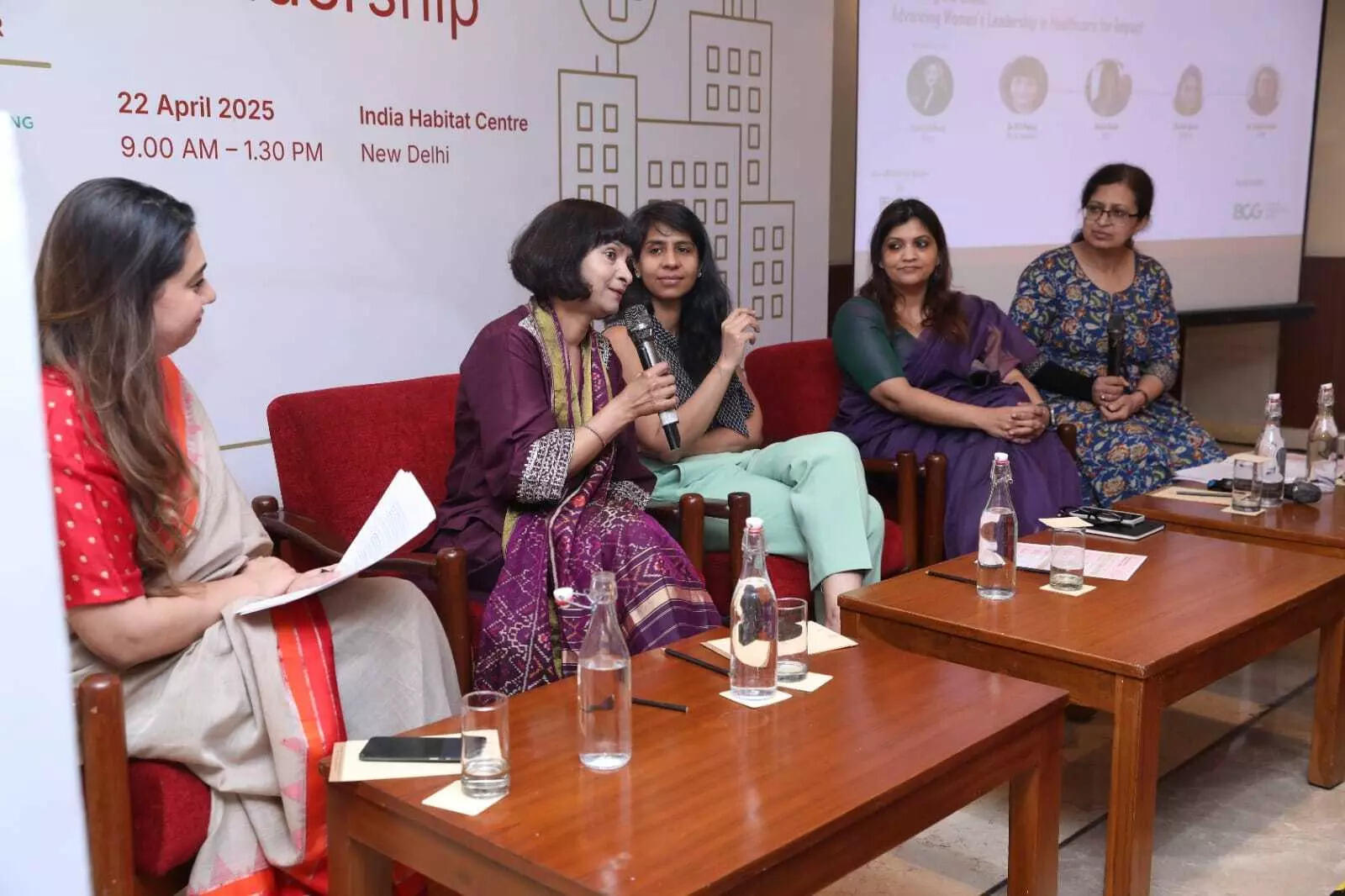
New Delhi: As global health systems grapple with the dual pressures of resilience and inclusivity, a compelling convening in India’s capital made one message loud and clear that health systems cannot heal without women at the helm.
On Tuesday, policymakers, public health professionals, academics, and development sector leaders came together for the Strengthening Healthcare Through Women’s Leadership convening—aiming to catalyse systemic reform, institutional allyship, and gender equity across healthcare.
Opening the keynote session, Kavita Narayan, Senior Technical Advisor for Human Resources for Health at the Ministry of Health and Family Welfare, highlighted a quiet revolution within government ranks.
“For the first time ever, 70 per cent of the senior leadership in the Ministry of Health is women. That’s phenomenal. It makes a difference,” she said.
Narayan emphasised that women’s lived experiences bring transformative perspectives to health policy, particularly in areas such as maternal health, adolescent wellbeing, and nutrition.
“There is something about a woman looking at maternal and adolescent health, non-communicable diseases, food, and nutrition—it changes the way we create solutions,” she noted.
She also called for a bold step forward, “India needs a gender equity policy. Not many countries have one—but that needs to change, and it needs to be on the table.”
Bringing personal insight, Padma Shri Dr. (Prof.) M.V. Padma Srivastava, Chairperson of Neurology at Paras Health, spoke candidly about the structural and societal challenges women face.
“Attrition happens because there are challenges of being a woman. Coming back into the system is a challenge. One of my DM students designed her own mini-crèche, took her exams through pregnancy, and now heads a neurology department. That’s what it takes,” she shared.
From the lens of child health, Vivek Singh, Health Specialist at UNICEF India, underlined the limitations of surface-level data.
“A room full of powerful women doesn’t mean we’ve solved inequality. In newborn care, for instance, families often deprioritize special care for girl children. That’s what the data shows,” he pointed out, advocating for gender-sensitive data to address invisible disparities.
The convening ended with a collective commitment to go beyond representation—towards equity-driven leadership pipelines, policy shaping, and data-informed advocacy. The leaders agreed that this is not about charity. It’s about building stronger, more empathetic, and future-ready health systems.

